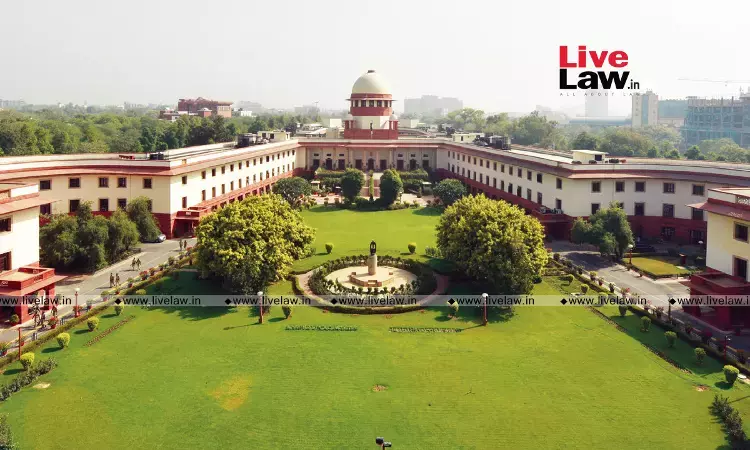The Supreme Court recently clarified that for Section 34(common intention) of the Indian Penal Code to be applicable, there must be a common intention among all co-accused individuals, indicating a shared purpose and design. Notably, common intention doesn't necessitate explicit discussions or agreements among the co-accused; it is a psychological aspect that can arise just before or during...

